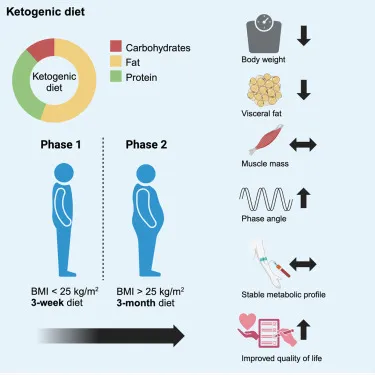
The ketogenic diet, commonly known as the keto diet, has gained popularity in recent years for its potential weight loss and health benefits. However, what many people may not realize is that the keto diet can also have a significant impact on the environment.
One of the main principles of the keto diet is to consume high amounts of animal products, such as meat, eggs, and dairy, while drastically reducing carbohydrate intake. This can lead to an increase in the demand for animal products, which in turn can have negative effects on the environment.
Animal agriculture is a major contributor to greenhouse gas emissions, deforestation, and water pollution. Livestock farming requires large amounts of land, water, and feed, leading to habitat destruction and biodiversity loss. In addition, the production of animal products releases methane and nitrous oxide, two potent greenhouse gases that contribute to climate change.
Furthermore, the keto diet can also lead to an increase in food waste. With a focus on high-fat, low-carb foods, many individuals following the keto diet may discard parts of fruits, vegetables, and grains that are not allowed on the diet. This can contribute to the already alarming levels of food waste in our society.
So, what can be done to mitigate the environmental impact of the keto diet? One option is to choose more sustainable sources of animal products, such as grass-fed beef or pasture-raised poultry. These methods of farming have been shown to have lower environmental impacts compared to conventional factory farming practices.
Additionally, incorporating more plant-based foods into the keto diet can help reduce the overall environmental footprint. Plant-based foods require fewer resources to produce and emit fewer greenhouse gases compared to animal products. Including a variety of fruits, vegetables, nuts, and seeds in your keto meals can help lower your carbon footprint while still reaping the benefits of the diet.
It is important for individuals following the keto diet to be mindful of the environmental impact of their food choices. By making small changes to their diet, such as choosing sustainably sourced animal products and incorporating more plant-based foods, they can help lessen the diet’s impact on the environment. Ultimately, it is crucial to strike a balance between personal health goals and environmental sustainability when choosing a diet plan.

